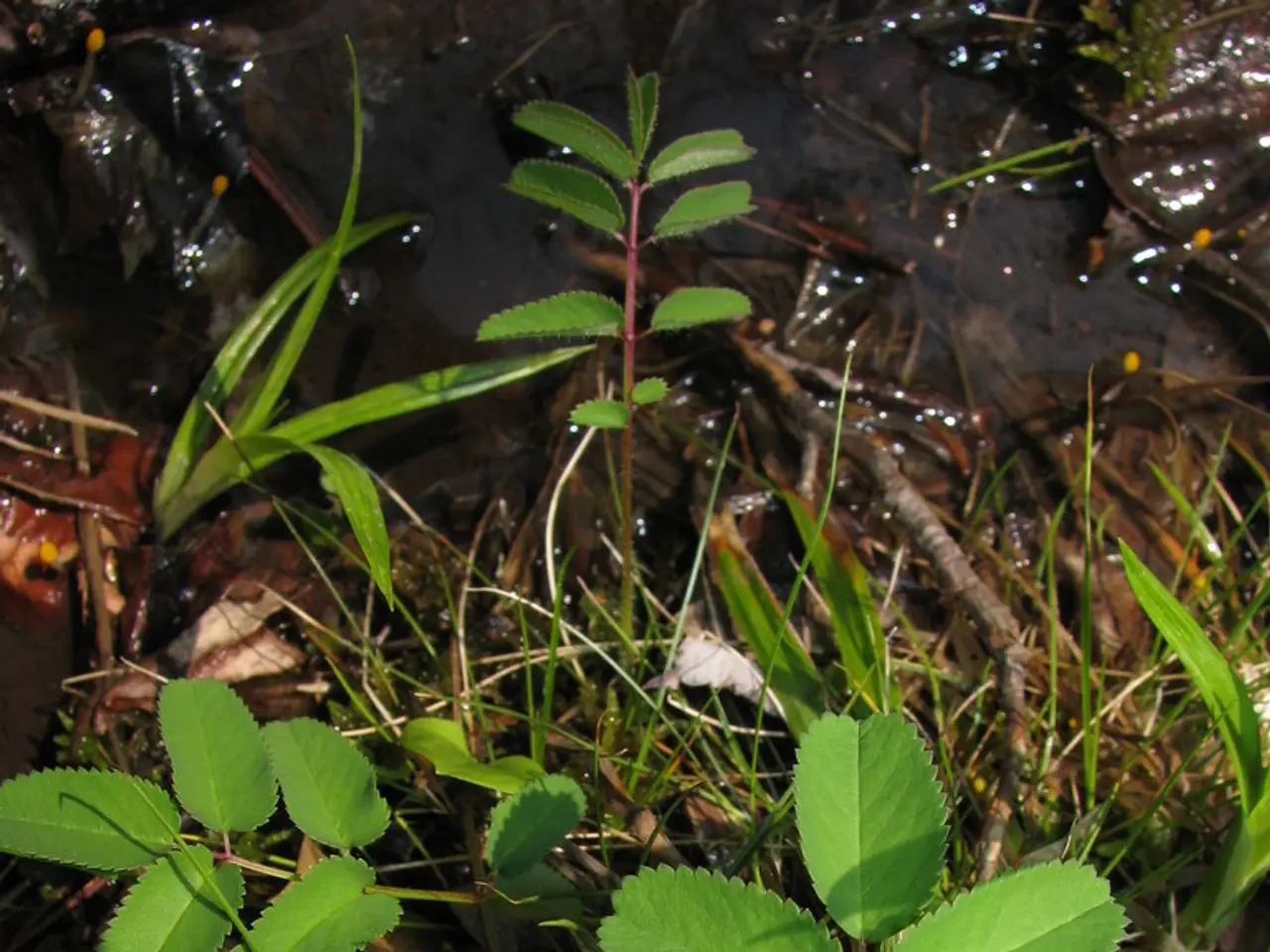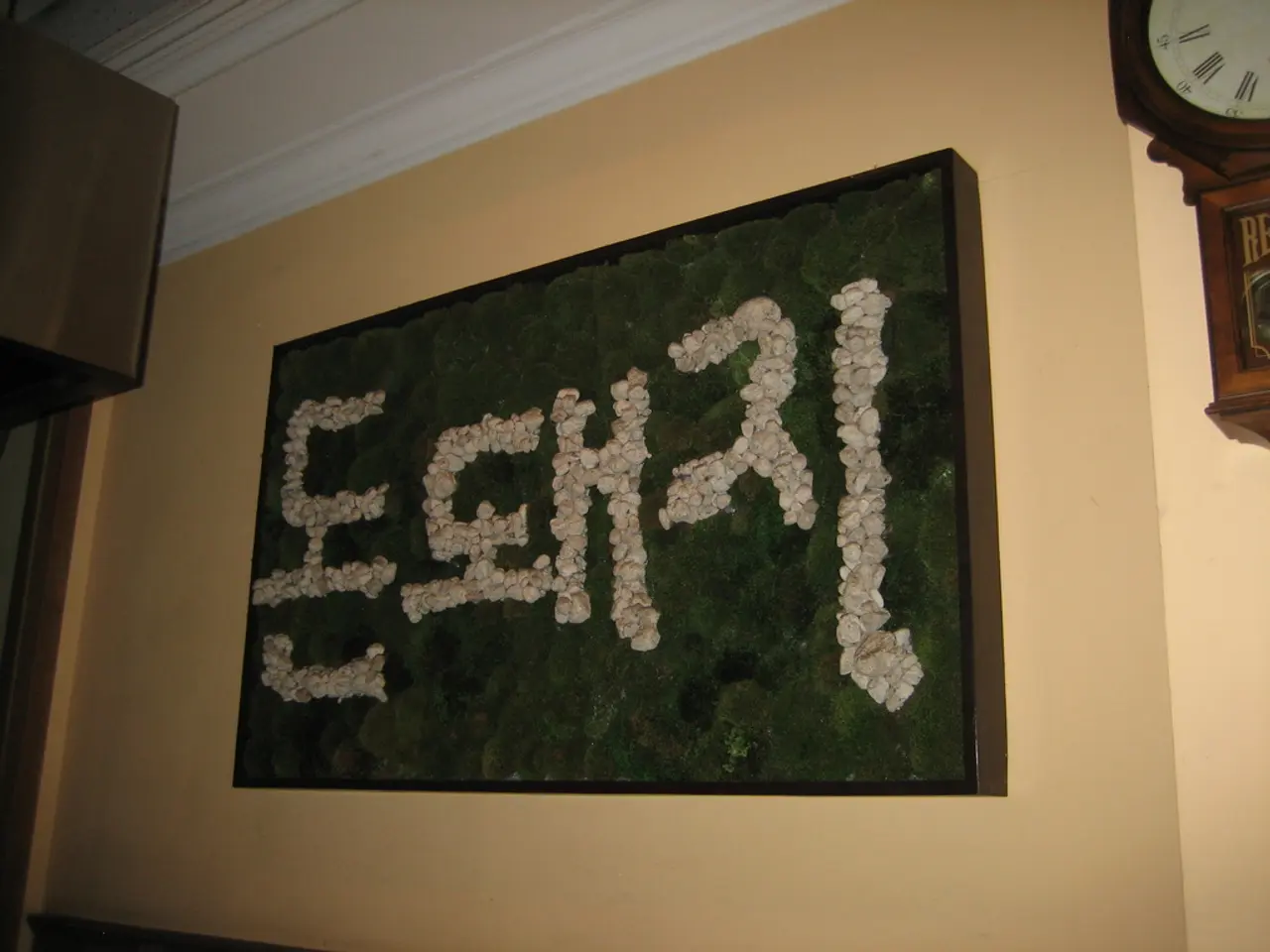Survival Islands Chronicles
In a progressive move towards promoting biodiversity and sustainable dike management practices, the city of Düsseldorf's wastewater management department and the New Dike Association Heerdt have initiated a pilot project on the Loerick and Lohauser dikes. This project aims to modify mowing practices to foster a flourishing ecosystem, particularly by maintaining flower-rich strips along the dike meadows.
The innovative approach involves a technique called disc mowing, which is now being employed by the city's wastewater management department. This method, known for its potential to offer more protection for insects during mowing, may lead to a more efficient conservation of insect habitats.
By mowing these flower strips only once a year, the project seeks to maintain the habitat for insects, enhancing biodiversity and supporting species that depend on meadow and flower-rich habitats. The reduced mowing frequency allows plants and pollinators to thrive, thereby increasing species diversity on dike meadows.
While the exact operational methods and outcomes of this project are not yet fully disclosed, such initiatives typically involve stabilising the dike soil during high water levels and preventing soil erosion through regular mowing. The unmowed meadows, although less colourful, contribute to species diversity through the blooming of existing plants and the height of the grass.
The partnership between the wastewater management department and the New Dike Association Heerdt signifies a collaborative approach that integrates urban water infrastructure management with the conservation of dike ecosystems, which are crucial natural habitats along the Rhine and its tributaries.
This pilot project in Düsseldorf could serve as a potential model for wider implementation in the city and similar floodplain areas, balancing flood protection with ecological values. The ecological planning office, which documents both positive and negative effects on the grass sward, will monitor the effects of the disc mowing technique on the ecology.
Despite the potential negative effects on the coherence of the grass sward that disc mowing may have, the benefits for species conservation and the promotion of more sustainable dike meadow management practices make this a significant step forward. The city of Düsseldorf continues to demonstrate its commitment to ecological conservation and species conservation efforts through initiatives like this pilot project.
The innovative disc mowing method, employed in this project, is beneficial for the conservation of insect habitats within the environmental-science realm, as it offers more protection for insects during mowing. By adopting sustainable mowing practices that include only mowing the flower strips once a year, the project aims to enhance lifestyle choices that support the environment, particularly species that rely on meadow and flower-rich habitats, such as those found in the home-and-garden setting.




